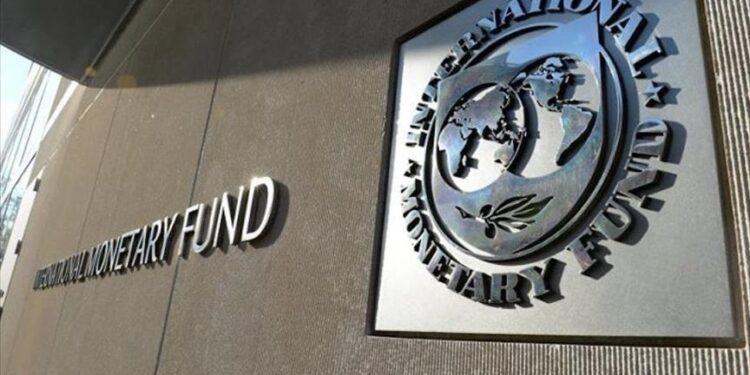The National Pensions Regulatory Authority (NPRA) has conducted an extensive review of the investment policies regulating the nation’s pension funds. This transformative initiative comes as a response to the pressing need for diversification in pension investments, and aims to bolster retirement security while providing a significant boost to the nation’s economy.
According to NPRA, this strategic assessment comes at a critical time for Ghana’s pension industry after nearly ten years of dispute over the country’s few investment possibilities.
The existing investment rules, as stated by NPRA, have been effective in achieving their objectives, helping to increase pension assets to an amazing GH50 billion, but a rapidly changing economic environment and shifting societal dynamics call for a new approach to investment decision-making.
One of the critical catalysts for the review, as disclosed by NPRA, is the Domestic Debt Exchange Programme (DDEP). The repercussions of overexposure to government bonds have become evident, as they not only jeopardize the retirement income of workers but also pose a substantial threat to the stability of corporate trustees and other pension-related service providers.
By diversifying investment options, pension funds can mitigate risk and enhance their resilience to market fluctuations. This proactive approach, it said, will safeguard the financial well-being of retirees while fostering a more robust and stable pension ecosystem.

Approach To Promote Inclusive Decision-Making, Charting a Path for Sustainable Growth
Recognizing the importance of stakeholder engagement, the NPRA assured Ghanaians of its commitment to involve all relevant parties throughout the review process.
According to the NPRA, regulatory bodies alone cannot possess the entirety of industry knowledge, therefore, input from trustees, industry experts, and retirees themselves is invaluable.
Through consultations, the NPRA seeks to develop an investment framework that strikes the right balance between risk and reward, aligns with evolving market dynamics, and a retiree-centric approach.
Dr. Simone Haeberli, the Swiss Embassy’s deputy head of mission and head of cooperation, praised Ghana for its initiative and stressed the significance of increasing pension investment alternatives.

The Swiss government, through the Swiss Secretariat for Economic Affairs (SECO), has been a key supporter of Ghana’s pension sector development. The successful completion of the SECO-supported project has strengthened the NPRA’s governance and supervisory capabilities, paving the way for a more robust regulatory.
The NPRA acknowledged the importance of responsible investment practices and aims to incorporate environmental, social and governance (ESG) considerations into the revised framework. This commitment to sustainability aligns with global trends and reinforces Ghana’s position as a responsible participant in the international investment landscape, NPA stated.
Read also: SMEs Set To Gain Top Priority Support From ICC To Harness Greater Participation In The AfCFTA





















